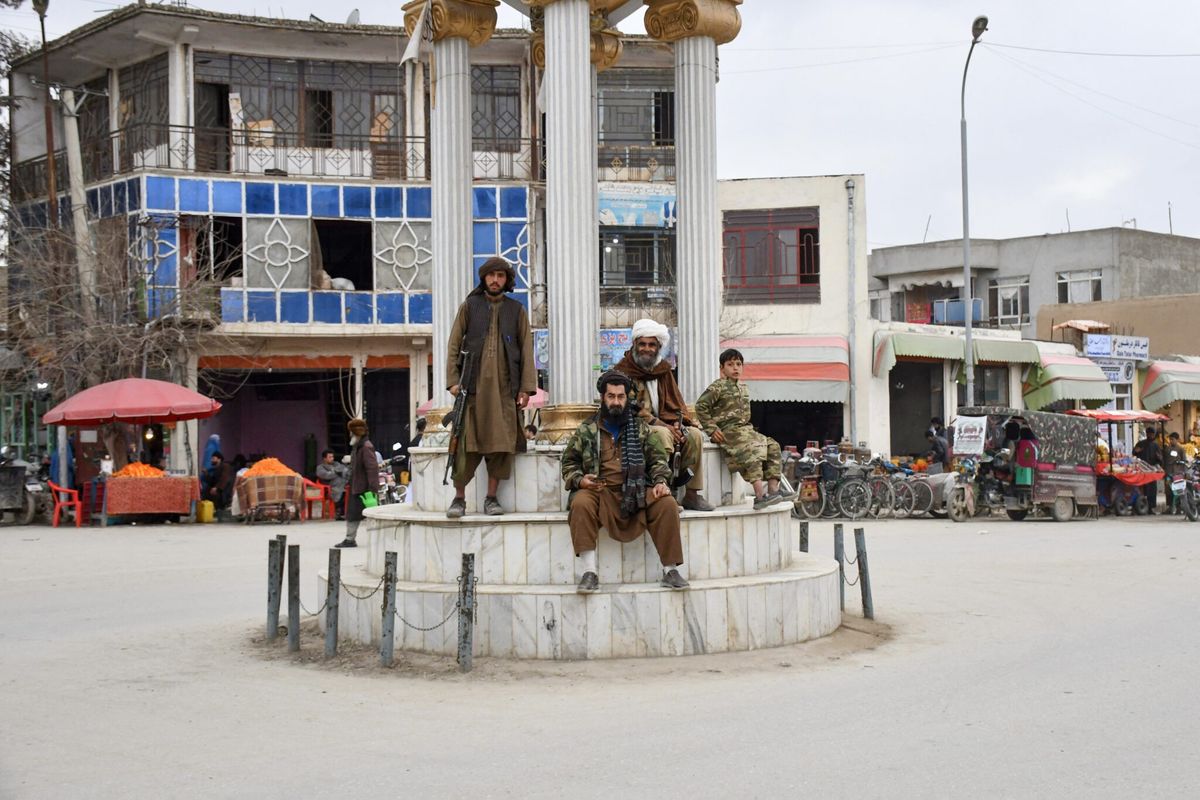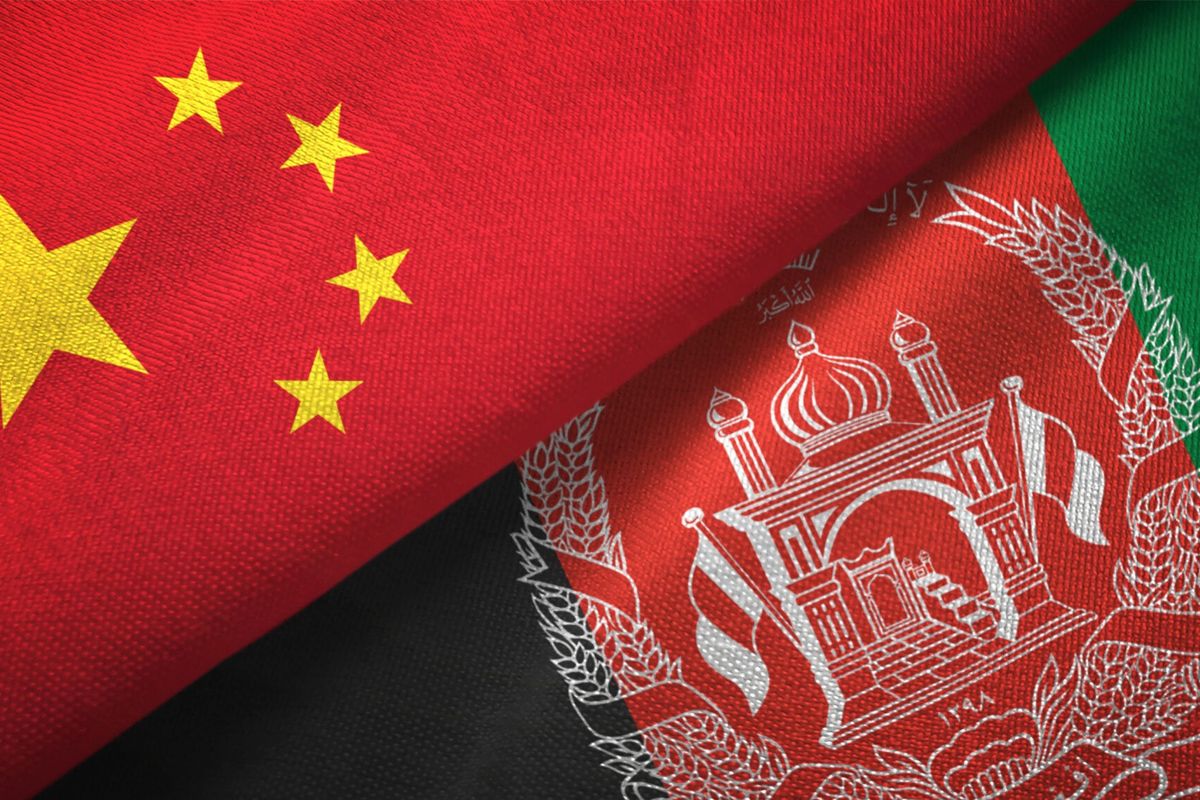The International Criminal Court (ICC) has, in many ways, had a strong year. Two new preliminary investigations have been opened, in Burundi and the Gabonese Republic, while eight situations remain under on-going examination, including Afghanistan, Colombia, Iraq, Palestine, and Ukraine, to name a few. The Office of the Prosecutor has also launched a new Policy on Children, laying out and strengthening efforts to address atrocity crimes against children. Meanwhile, the ICC delivered its first conviction for sexual violence in the case against Congolese opposition leader Jean-Pierre Bemba Gombo in March, delivered its first conviction for attacks in 2012 against religious and historic buildings in Timbuktu, Mali, and has brought the highest number of charges against one accused person thus far –70 charges against Dominic Ongwen, a former Lord’s Resistance Army commander in central Africa.
It is also important to note that the ICC bench is currently the most gender-balanced of any international criminal tribunal, with the Office of the Presidency being held entirely by women.
Unfortunately, this year has also brought serious challenges to the Court. While many delegations made statements reiterating their support for the ICC last month, at the 15th session of the Assembly of States Parties to the Rome Statute, several African countries have made moves to withdraw their membership from the Court. A number have even called into question the existence of the Court.
For some time, the Court has faced strong criticism that questions its legitimacy. This opposition to the Court was triggered by the public arrest warrant for Sudan’s President, Omar al-Bashir. The rage against the Court from many African nations, including the African Union (AU), hit full force after the indictment of Kenya’s President and Vice President on charges stemming from the 2007 post-election violence in Kenya.
This year, Burundi, South Africa, and Gambia all chose to formally withdraw from the Court. The governments of Burundi and South Africa are currently participants in proceedings at the ICC: A preliminary investigation into violence in Burundi was opened this year, and a hearing on South Africa’s lack of compliance to arrest President al-Bashir is scheduled for April 2017. Gambia has accused the Court of “persecution and humiliation of people of color, especially Africans.” It is particularly unfortunate that Gambia has chosen to withdraw, given that the Chief Prosecutor of the ICC, Fatuous Bensouda, is Gambian and has a stellar reputation as a strong and capable champion of international justice.
In the wake of the withdrawal announcements, several other African nations, including Kenya and Uganda, are said to be seriously considering withdrawing from the ICC.
Another important development for the Court, which could place it in a perilous position, is the investigation into potential crimes committed in Afghanistan. An ICC report last month indicates that U.S. armed forces and the CIA may have committed war crimes by subjecting detainees to torture and confirms that the Prosecutor’s office is investigating these actions by American personnel. This announcement has some Court observers worried that the fragile Court, already severely weakened this year by country withdrawals and the ongoing hostility from AU members, cannot withstand a conflict with the United States.
While it is true that the Court need not go looking for fights with global superpowers, it is crucial that the Court behave with integrity and judicial independence. The Prosecutor should fully investigate the Afghanistan situation. While the U.S. is not a party to the Rome Statute, the Court can still claim jurisdiction over its citizens if it finds that crimes were committed on the territory of an ICC member state, like Afghanistan. However, the principle of complementarity requires that the Court should only have primary jurisdiction in a situation where the other countries are unable or unwilling to prosecute themselves. The Prosecutor’s report does indicate that the office is aware of the many investigations and court martial cases that the U.S. has conducted against its citizens and will review the scope of U.S. action before making any final determination. If the U.S. has properly done its job of investigating and prosecuting those U.S. citizens responsible for any atrocity crimes, the U.S. cases will not be admissible to the ICC (and any conflict with the U.S. will be avoided).
While the Court is certainly facing great challenges at the moment, its greatest enemy is a loss of integrity, which could lead to a lack of perceived legitimacy. African nations are angry and resentful that the arms of the Court have mostly embraced their continent, leaving other powerful nations of the world untouched in the quest for international justice. To begin to address this perceived problem, the Court must honestly investigate and assess American actions in Afghanistan, even if this risks a showdown with the U.S. government.












